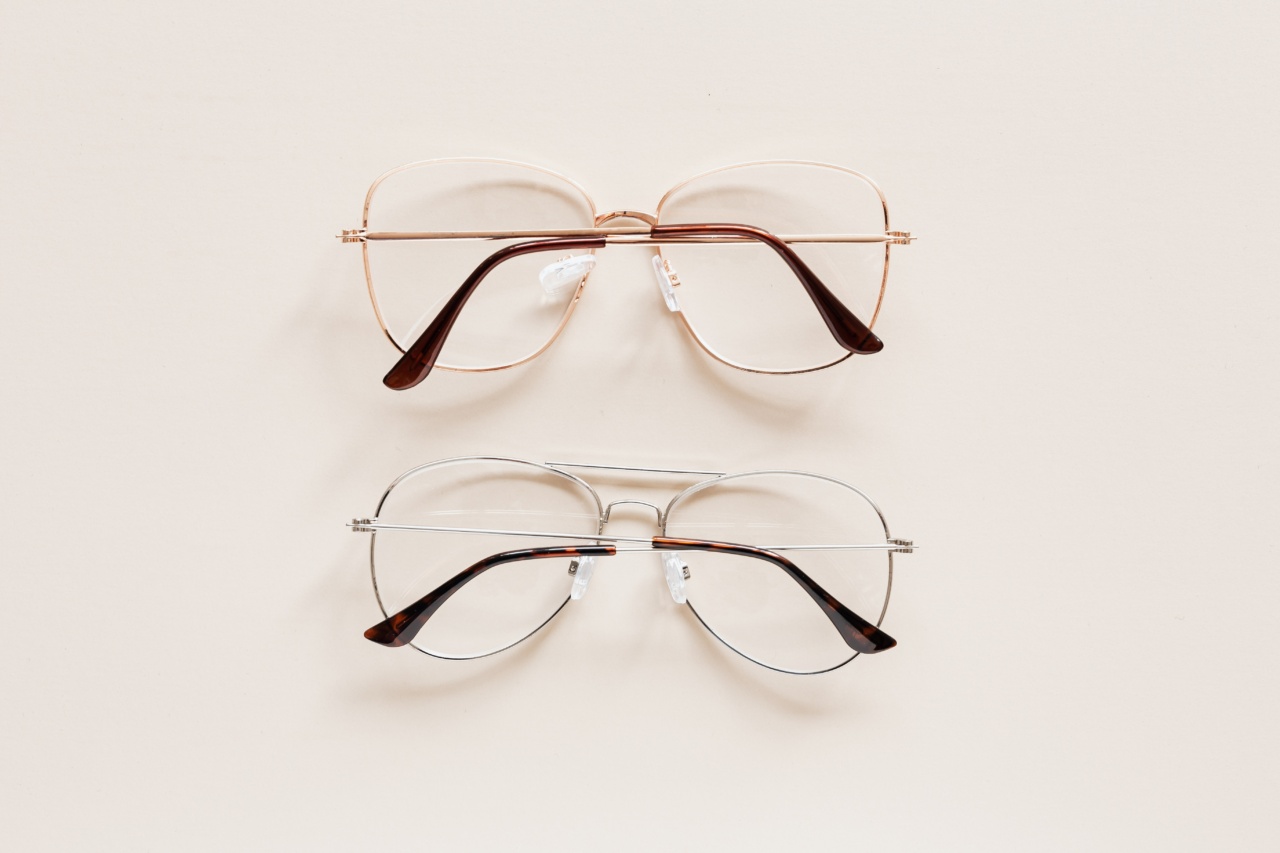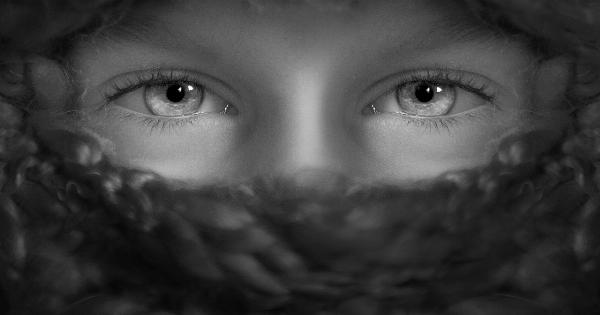Myopia, commonly known as nearsightedness, is a condition that affects the ability to see objects far away clearly. This condition usually develops in childhood and adolescence, and the prevalence has been increasing worldwide.
Blindness, on the other hand, is a severe impairment of vision that can result in total or partial loss of sight. There has been some discussion on whether myopia and blindness are linked, and recent studies suggest a potential association. This article will explore the potential link between myopia and blindness.
Causes of Myopia
Myopia develops when the shape of the eye causes light to focus in front of the retina instead of directly on it. This can be caused by genetics, environmental factors, or a combination of both.
Some of the environmental factors that increase the risk of developing myopia include prolonged near work, reduced time spent outdoors, and a lack of time spent in natural light. Children who spend a lot of time reading or using electronic devices are also at a higher risk of developing myopia.
Complications of Myopia
While myopia is not a life-threatening condition, it can lead to several complications that can affect vision and eye health.
One of the most significant complications is the development of secondary conditions such as cataracts, glaucoma, and retinal detachment. Myopia can also cause a condition known as macular degeneration, which is the leading cause of blindness in adults. Myopia can also affect daily life, making it difficult to perform tasks such as driving, playing sports, and reading.
The Link Between Myopia and Blindness
Recent research has suggested a potential link between myopia and blindness. While myopia does not directly cause blindness, individuals with high myopia (severe nearsightedness) are at a higher risk of developing vision impairment or blindness.
This risk increases as the degree of myopia increases. Individuals with high myopia are at a particularly high risk of developing a condition known as myopic macular degeneration (MMD), which is a severe type of macular degeneration that is linked to high myopia.
MMD can lead to blindness if left untreated.
Preventing Myopia and Blindness
While there is no guaranteed way to prevent myopia, there are several steps that can be taken to reduce the risk of developing myopia and the associated risks of blindness. Some of these steps include:.
- Encouraging children to spend more time outdoors and in natural light
- Limiting screen time and encouraging breaks every 20-30 minutes
- Maintaining a healthy diet, including foods that are rich in vitamins A, C, and E
- Regular eye exams to detect myopia and other vision problems early
Treatment Options for Myopia and Blindness
There are several treatment options for myopia, including eyeglasses, contact lenses, and refractive surgery. For individuals with high myopia, regular eye exams and monitoring are essential to detect and treat any associated conditions such as MMD.
For individuals with macular degeneration or other vision impairments that may lead to blindness, there are several treatment options available. These may include medication, laser therapy, or surgery.
Conclusion
While myopia and blindness are not directly linked, recent studies suggest a potential association, particularly for individuals with high myopia.
Regular eye exams and early detection are essential for individuals with myopia and those who are at risk of developing it. Encouraging healthy eye habits, including spending time outdoors and limiting screen time, may also help reduce the risk of developing myopia.
However, for those who do develop myopia or related complications, there are several treatment options available that can help preserve vision and prevent blindness.


























